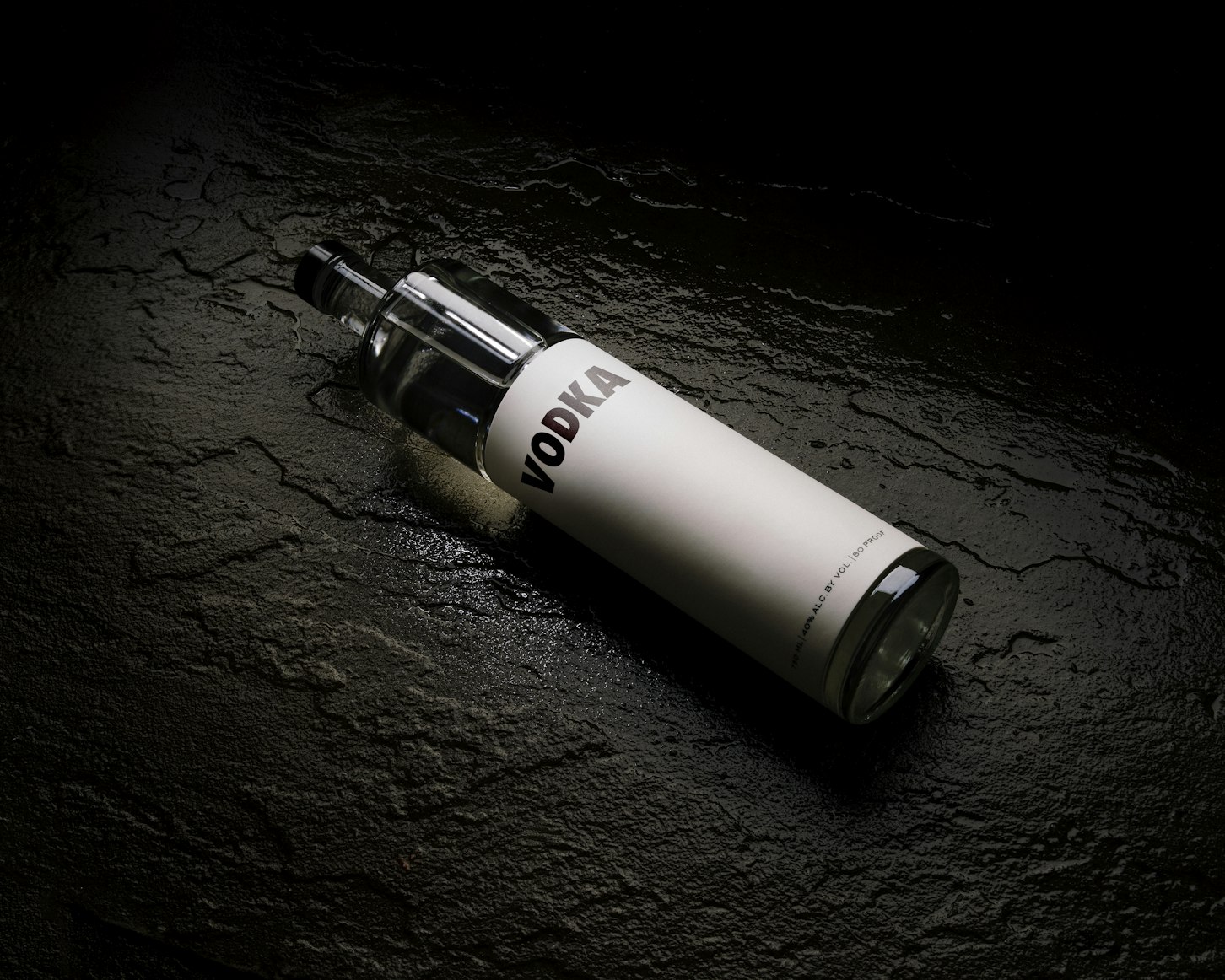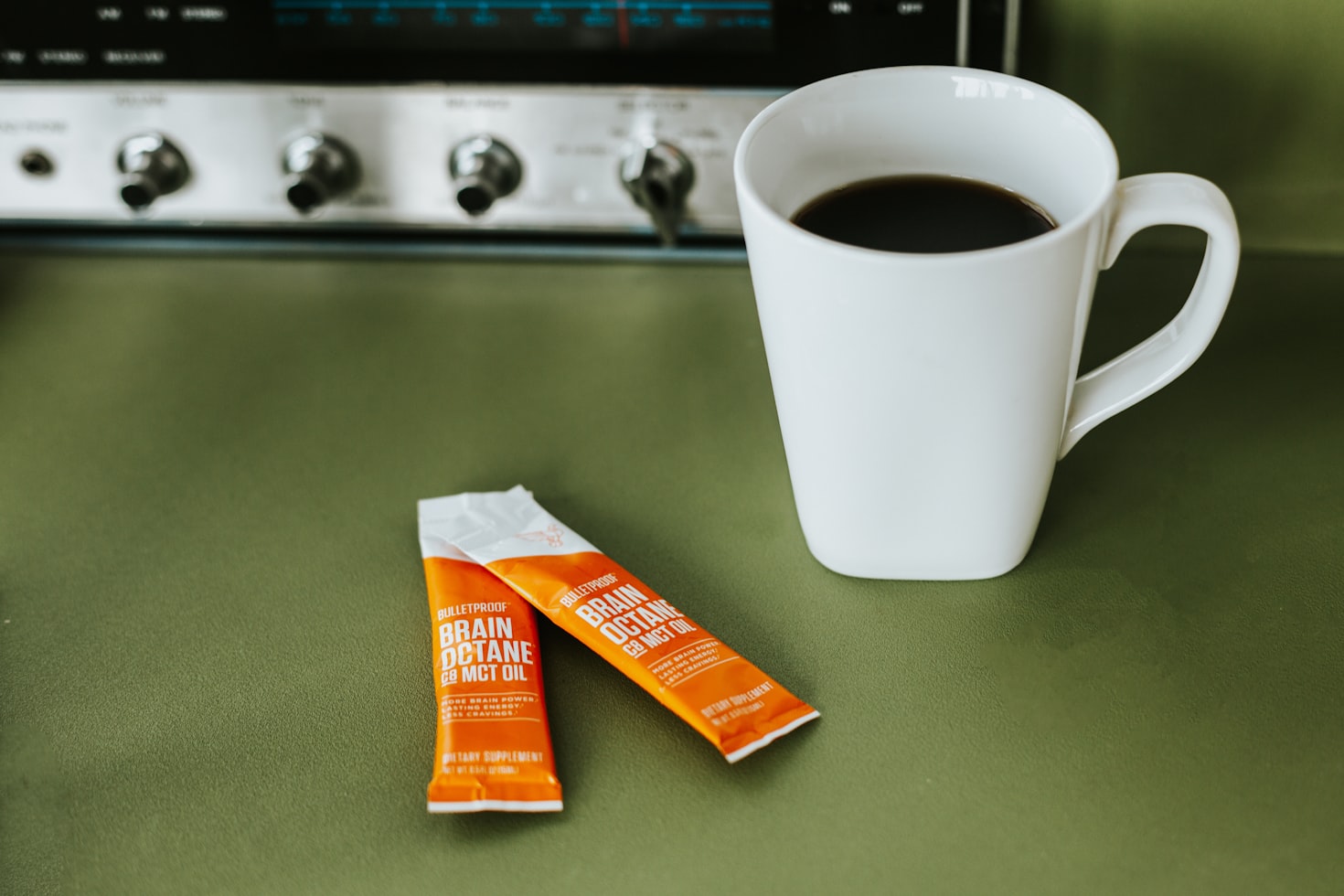Does Vodka Kick You Out Of Ketosis?
Following a ketogenic diet requires strict adherence to a low-carbohydrate, high-fat eating plan. This dietary approach aims to put your body into a state of ketosis, where it primarily burns fat for fuel instead of carbohydrates. However, when it comes to alcoholic beverages, such as vodka, the impact on ketosis can be a cause for concern. In this article, we will explore the effects of vodka on ketosis and provide valuable insights to help you make informed decisions about alcohol consumption while following a ketogenic lifestyle.
The Basics of Ketosis
Before delving into the effects of vodka on ketosis, it is essential to understand the basics of ketosis and how the body enters this metabolic state. When you consume a low-carbohydrate diet, your body’s glycogen stores become depleted. As a result, your liver starts producing ketones from stored fat to provide energy for your body and brain.
By limiting carbohydrate intake to around 20-50 grams per day, you can maintain ketosis and reap the potential benefits, such as weight loss, improved mental clarity, and increased energy levels. However, any deviation from this low-carb eating plan, including alcohol consumption, can potentially disrupt ketosis.
The Impact of Vodka on Ketosis
Vodka is often considered a popular choice for those following a ketogenic diet due to its low carbohydrate content. Unlike beer or sweet cocktails, vodka contains zero carbs, making it seemingly compatible with ketosis. However, the effects of vodka on ketosis go beyond its carbohydrate content.
When you consume alcohol, your body prioritizes metabolizing it over other energy sources, including fat. This means that while your body is processing alcohol, it temporarily halts the breakdown of fat for fuel. Consequently, this pause in fat burning can potentially disrupt ketosis.
Furthermore, the liver plays a crucial role in metabolizing alcohol. Since the liver is responsible for producing ketones during ketosis, it may prioritize alcohol metabolism over ketone production. This can further hinder your body’s ability to maintain ketosis.
Factors Affecting Ketosis and Alcohol Metabolism
While vodka may have the potential to disrupt ketosis, several factors can influence the impact of alcohol on your body’s ability to maintain ketosis:
- Individual Metabolism: Each person’s metabolism is unique, and some individuals may be more resilient to the effects of alcohol on ketosis than others.
- Alcohol Tolerance: Regular alcohol consumers may have a higher tolerance, which could affect their ability to stay in ketosis.
- Amount Consumed: The quantity of vodka consumed plays a significant role. Consuming large amounts of alcohol can have a more pronounced impact on ketosis.
- Mixers and Cocktails: While vodka itself is carb-free, mixers and cocktails often contain added sugars and carbohydrates. These can contribute to an increased carbohydrate intake, potentially kicking you out of ketosis.
Strategies for Minimizing the Impact of Vodka on Ketosis
If you choose to consume vodka while following a ketogenic diet, there are strategies you can employ to minimize its impact on ketosis:
- Choose Low-Carb Mixers: Opt for sugar-free mixers or use soda water and a squeeze of lemon or lime to keep your carbohydrate intake minimal.
- Monitor Your Alcohol Intake: Limit your vodka consumption to moderate amounts. Excessive alcohol intake can hinder your body’s ability to maintain ketosis.
- Plan Your Meals Accordingly: If you know you will be consuming vodka, adjust your meals to be lower in carbohydrates to compensate for the potential impact on ketosis.
- Stay Hydrated: Alcohol can dehydrate your body, so make sure to drink plenty of water before, during, and after consuming vodka.
Frequently Asked Questions (FAQ)
1. Can I drink vodka while on a ketogenic diet?
Yes, you can drink vodka while on a ketogenic diet. However, it is important to be mindful of the potential impact on ketosis and make informed choices about mixers and quantities consumed.
2. How much vodka can I consume without getting kicked out of ketosis?
The amount of vodka that can be consumed without getting kicked out of ketosis varies from person to person. It is generally recommended to limit alcohol intake to moderate amounts and monitor your body’s response.
3. Can I drink vodka every day on a ketogenic diet?
While it is possible to drink vodka every day on a ketogenic diet, it is important to consider the potential impact on your health and weight loss goals. Regular alcohol consumption can hinder progress and may have other negative effects on your overall well-being.
4. Are there any health risks associated with drinking vodka on a ketogenic diet?
Excessive alcohol consumption, including vodka, can have various health risks, regardless of whether you are following a ketogenic diet. These risks include liver damage, impaired judgment, and increased calorie intake.
5. Can vodka help with weight loss on a ketogenic diet?
Vodka itself does not directly contribute to weight loss on a ketogenic diet. While it is low in carbohydrates, it is important to remember that alcohol contains calories. Additionally, excessive alcohol consumption can hinder weight loss progress and may lead to poor food choices.
6. Can I consume other types of alcohol on a ketogenic diet?
Other types of alcohol, such as whiskey, gin, and tequila, also have low carbohydrate content and can be consumed in moderation on a ketogenic diet. However, it is crucial to be mindful of the potential impact on ketosis and make informed choices.
Summary
While vodka itself is low in carbohydrates, its impact on ketosis goes beyond its carb content. Alcohol metabolism can temporarily halt fat burning and potentially disrupt ketosis. However, the impact varies among individuals and depends on factors such as metabolism, alcohol tolerance, and quantity consumed. By making informed choices, such as opting for low-carb mixers and monitoring alcohol intake, you can minimize the impact of vodka on ketosis. Remember to prioritize your health and weight loss goals when incorporating alcohol into your ketogenic lifestyle.





